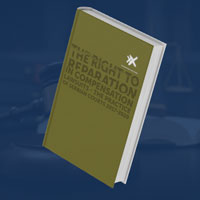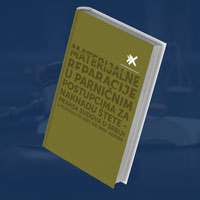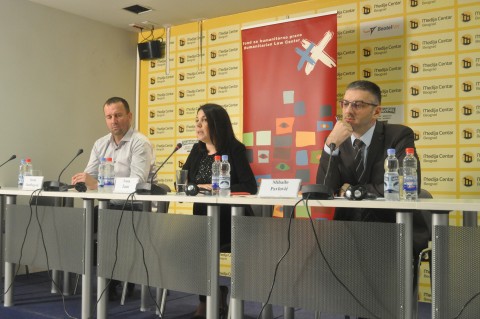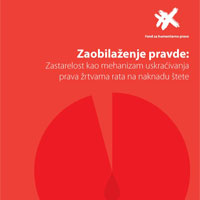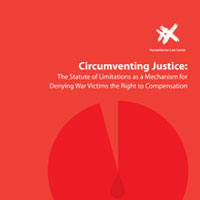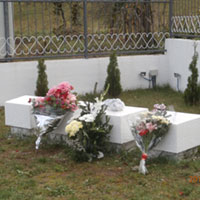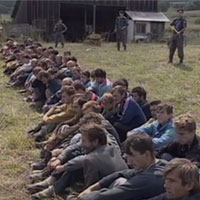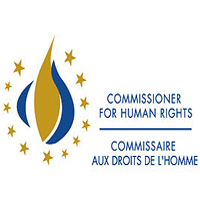Material reparations in proceedings for damages – The practice of courts in Serbia 2021 – 2022
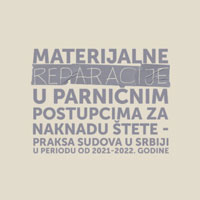
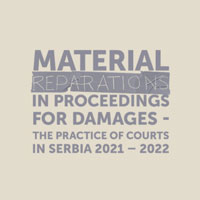 For a long time, the Humanitarian Law Center (HLC) has been publishing reports on the exercise of the right to compensation for victims of war crimes, through civil proceedings conducted before the courts in Serbia. The last such report covered the period from 2017 to 2020 and was presented to the public in 2021. This report covers the period from 2021 to the end of 2022.
For a long time, the Humanitarian Law Center (HLC) has been publishing reports on the exercise of the right to compensation for victims of war crimes, through civil proceedings conducted before the courts in Serbia. The last such report covered the period from 2017 to 2020 and was presented to the public in 2021. This report covers the period from 2021 to the end of 2022.
The obligation of the Republic of Serbia to provide redress to victims of human rights abuses, including in the form of adequate material reparations, remains unchanged. The harm inflicted on individuals and their family members implies the duty of the wrongdoer, the Republic of Serbia in this case, either to remove its harmful effects or to provide the victims with adequate redress. 30 years since the outbreak of the armed conflicts in the territory of the former Yugoslavia, the Republic of Serbia has not yet fully met this obligation. The political will to face and accept responsibility for past crimes and provide redress to all victims is still absent. As a result, the victims and their family members are forced to pursue their compensation claims through lengthy, costly and often uncertain civil litigation before the courts in Serbia.






